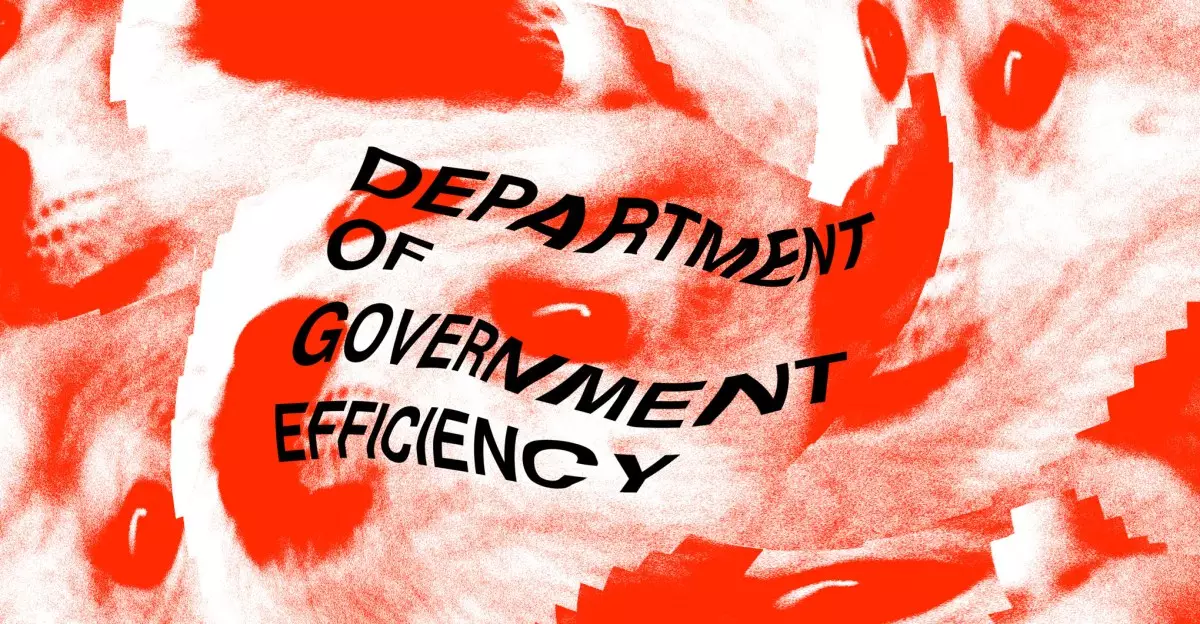The Internal Revenue Service (IRS) is gearing up for an ambitious initiative that could redefine how third-party software interacts with tax data—enter the concept of a ‘mega API.’ Pioneered by Elon Musk’s Department of Government Efficiency (DOGE), this project suggests a dramatic shift toward streamlined governmental data access, with implications that extend beyond mere convenience. According to reports from Wired, the proposed API aims to centralize IRS data into the cloud, essentially positioning it as a “read center” for government institutions and private entities alike. While such innovation could usher in modern efficiency for tax data management, it also raises myriad concerns regarding security, privacy, and misuse.
Facing Realistic Limitations
Launching a project of this magnitude requires a rational timeline and technical feasibility. Critics within the IRS itself have voiced apprehension about the feasibility of assembling such a complex API within a mere 30 days—a timeframe that many employees deem not just impractical but detrimental. The idea that a hastily constructed API could “cripple” efforts at the IRS underscores the complexity of managing sensitive data. Data extraction and management are neither trivial processes nor quick solutions; they demand a deep understanding of both the technical framework and the regulatory standards governing tax information.
Concerns over Data Security and Privacy
At the heart of the mega API’s potential benefits lies the looming threat of data security. Inviting third-party companies to interface with IRS data blurs the line between efficiency and risk, particularly when companies like Palantir are on the roster. Known for their controversial surveillance capabilities, Palantir’s involvement raises red flags around privacy. Critics argue that outsourcing tax data management to private entities introduces opportunities for data exploitation and governmental overreach, with the potential ramifications affecting millions of taxpayers.
The Expertise Deficit
An even more alarming aspect of this initiative is the apparent lack of experience demonstrated by the project’s leaders. Reports have indicated that key players involved, such as Gavin Kliger and health-tech CEO Sam Corcos, lack substantial backgrounds in federal tax law or IRS operations. The assertion that “understanding the IRS data would take years” highlights a stark gap in knowledge, making it questionable whether the team truly comprehends the complexities involved in the proposed API’s design and implementation. Crafting an API that respects the intricacies of tax data is not only about technical prowess; it requires a nuanced understanding of existing regulations and constraints.
The Legislative Pushback
Furthermore, the initiative has faced significant political scrutiny, with lawmakers like Senator Ron Wyden expressing concerns over data misuse. In a letter addressing the IRS, they purportedly commended the agency’s reluctance to acquiesce to DOGE’s data-sharing overtures, framing these rejections as protective measures for taxpayer interests. The political landscape surrounding this initiative cannot be underestimated; an API that prioritizes efficiency over ethical considerations could quickly become a battleground for traditional versus progressive governance models, signifying a pivotal moment in modernizing government data practices.
The Road Ahead
As the saga of the mega API continues to unfold, it presents a poignant crossroads for the IRS and the greater federal ecosystem. Efforts to integrate sophisticated technology with bureaucratic systems must be navigated with caution and accountability. While the allure of streamlined data access is undeniably appealing, the execution of such an expansive project merits rigorous scrutiny, lest it contribute to a larger narrative of governmental inefficiency and overreach. Exploring the balance between innovation and responsible governance will be pivotal as the agency charts its course into the future.

